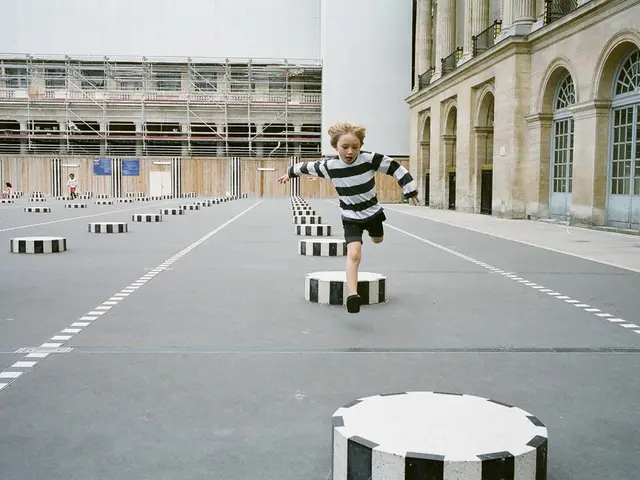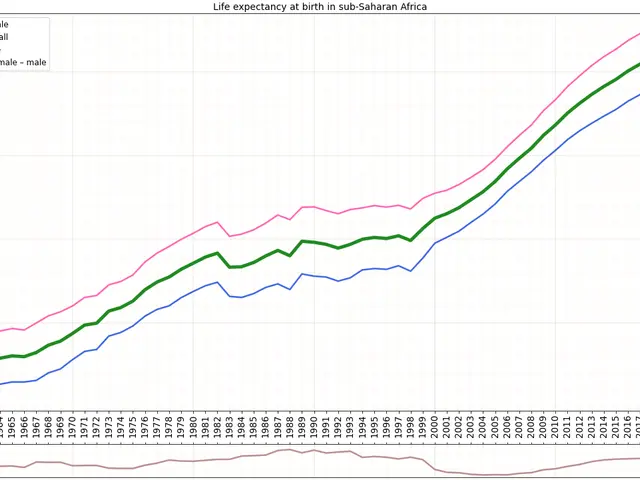Parental Influence in Emotional Regulation: 3 Pivotal Roles That Could Revolutionize Your Child's Emotional Growth
Parenting is a delicate dance of emotions, and your moves have a significant influence on your child's growth. I'm talking about parental modeling, that unseen but powerful tool in teaching your little one about feelings and emotions. You can spot it in the way you handle a tough situation, or how you express joy or anger.
Just take a look at your kid—they're a perfect mirror of your emotions, right? That's the power of parental modeling at work. It's like a secret, unspoken lesson they absorb, learning how to deal with their own feelings by watching how you manage yours.
Now, imagine a world where your child thinks that it's okay to blow up in anger or hide feelings under a pile of denial whenever things get rough. That's the downside of poor parental modeling. But, on the flip side, if you model healthy coping mechanisms and handle expressions of emotion constructively, your child will grow to be emotionally intelligent and resilient.
In today's world, emotional intelligence has become more crucial than ever. Kids are looking up to their parents, seeking examples on how to navigate the tricky seas of life. By knowing how to model emotions, you can play three significant roles in your child's emotional health:
- Teaching them about emotions and feelings
- Helping them respond to emotions in a healthy way
- Encouraging them to express their feelings openly and constructively
Having a firm grip on emotion regulation—or the ability to manage our feelings well—is vital for emotional intelligence. It helps kids make friends, feel good, and grow up to be healthy, confident individuals.
There's even a theoretical model called the Tripartite Model that explains thisemotional influence in families. This model says a child learns to regulate emotions through three channels: observational learning, parenting practices, and the family atmosphere.
In essence, by showing your child how to handle emotions, you're providing a solid foundation for their emotional development. They'll learn to control their feelings, interpret emotions correctly, and use these insights in their relationships.
So, the next time you find yourself in a tough situation, take a deep breath, and handle it with grace. Remember, your child is watching and learning from you, and the lessons you teach them now will shape their emotional maturity and success later on. After all, they're only as good as the role models they have. Rock on, parents! 🤘🚀
- Establishing boundaries and demonstrating respect within a parent-child relationship is crucial as it sets an example for child development, fostering healthy and positive parenting.
- Emotional intelligence, which encourages the understanding of emotions in oneself and others, is a key component of effective parenting and plays a significant role in child development.
- Parental modeling can help children develop emotional resilience and healthy coping mechanisms, enabling them to grow into confident and well-adjusted individuals in the realm of health and wellness.
- As scientific research has shown, a family environment that fosters open communication about feelings, empathy, and respect facilitates a child's ability to navigate emotional challenges.
- By consistently modeling positive parenting behaviors, such as expressing emotions constructively, parents have the power to influence not only their child's immediate emotional development but also their long-term success in personal relationships.








